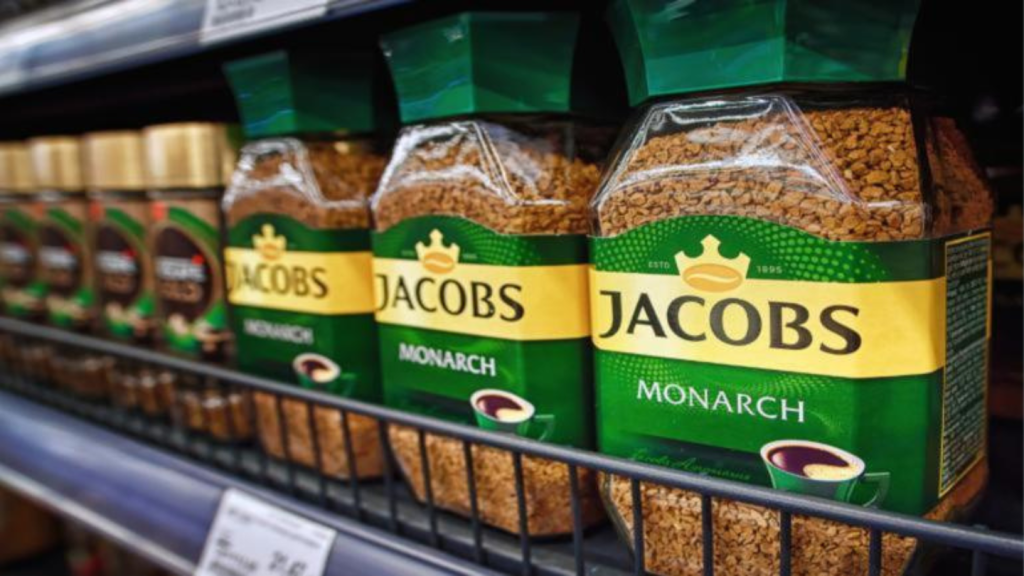Netherlands coffee and tea group JDE Peet’s is temporarily switching up its leadership again as acting interim CEO Luc Vandevelde steps down.
The roaster said Vandevelde was leaving the CEO position for “unforeseen matters” that need his “immediate attention”. JDE Peet’s said the decision for Vandevelde to step down was “unrelated” to JDE Peet’s or its performance.
Current CFO Scott Gray will be taking the reins at JDE Peet’s. In addition to his current role, he is now interim CEO effective immediately.
“Scott is the best person to lead the company pending the appointment of a permanent CEO. The search process for a permanent CEO is nearing completion and we expect to provide an update in this respect later this year,” a JDE Peet’s spokesperson told Just Drinks.
In March, JDE Peet’s announced the departure of its 2020 CEO appointment, Fabien Simon. No reasons were given for the change at the top of the business.
JDE Peet’s outgoing interim CEO Luc Vandevelde is a former Marks and Spencer chairman and CEO, as well as a lead independent director at JDE Peet’s. He took over the CEO role on an interim basis while the company looks for a permanent replacement for Simon.
JDE Peet’s non-executive director and JAB managing partner Peter Harf said: “On behalf of the board, I want to thank Luc for his tenure with JDE Peet’s, from lead independent director at the time of our listing to chairman and interim CEO.
“Although he can no longer dedicate the time necessary for an executive role at JDE Peet’s, we are pleased that Luc will advise JAB on its FMCG investments with the time he does have available.”
JDE Peet’s is a subsidiary of the JAB Holding Co., which also has a minority stake in Keurig Dr Pepper.
In its first-half results for 2024, JDE Peet’s posted revenue of €4.2bn ($4.6bn), increasing 3.6% organically year-on-year and 5.6% on a reported basis. The group booked a profit increase of 86.5% to €360m.
The group raised its outlook for total company full-year performance from mid-single-digit growth to a forecasted increase in organic adjusted EBIT of “around” 10%.









